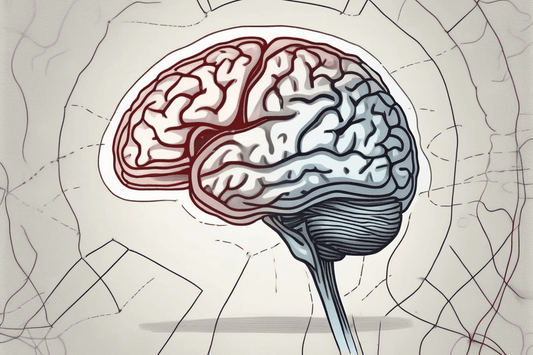Health Articles

How to Test for HPV? Detecting This Silent Infe...
What HPV test detects high risk strains in men and women? Insights into self-swab kits, PCR assays accurately diagnosing infection in all genders supporting timely clinical care for cancer prevention...
How to Test for HPV? Detecting This Silent Infe...
What HPV test detects high risk strains in men and women? Insights into self-swab kits, PCR assays accurately diagnosing infection in all genders supporting timely clinical care for cancer prevention...

The Boom in Functional Medicine Testing
Discover the explosion of functional medicine testing and its impact on personalized healthcare.
The Boom in Functional Medicine Testing
Discover the explosion of functional medicine testing and its impact on personalized healthcare.

What is the Psychedelic-Assisted Mental Health ...
Explore the transformative potential of psychedelic-assisted mental health therapy in this insightful article.
What is the Psychedelic-Assisted Mental Health ...
Explore the transformative potential of psychedelic-assisted mental health therapy in this insightful article.

How Personalized Medicine Becomes Mainstream?
Discover how personalized medicine is revolutionizing healthcare and becoming increasingly accessible to patients worldwide and in India.
How Personalized Medicine Becomes Mainstream?
Discover how personalized medicine is revolutionizing healthcare and becoming increasingly accessible to patients worldwide and in India.

Young Adult Preventive Health Screenings
Discover the importance of preventive health screenings for young adults in Pune.
Young Adult Preventive Health Screenings
Discover the importance of preventive health screenings for young adults in Pune.

What is an Ischemic Cerebrovascular Stroke?
An ischemic cerebrovascular stroke, also known as a brain ischemia, is a condition that occurs when there is an insufficient blood flow to the brain to meet metabolic demand. Discover...
What is an Ischemic Cerebrovascular Stroke?
An ischemic cerebrovascular stroke, also known as a brain ischemia, is a condition that occurs when there is an insufficient blood flow to the brain to meet metabolic demand. Discover...
Stay in the Loop!
Join our email list for exclusive offers and the latest news.
